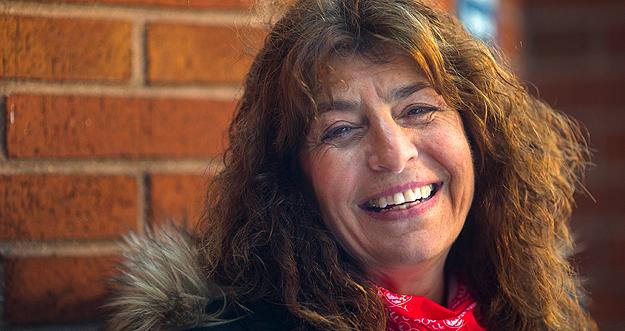Suffer the little children

No one can argue against how precious our children are to us: as parents, as families and as a society. All animal species develop elaborate plans to protect their young. It is a biological necessity. Among humans, it is a moral imperative.
So when people turn a blind eye to child abuse, it becomes a cause for great concern. If we don’t protect the most vulnerable and innocent among us, what does that say about us as a people?
In primitive societies, in many of our countries of origin and even in the last century, children were seen as the responsibility of the clan or tribe or extended organizational structure. Did we somehow lose our principles along the way? When did so many of our United States citizens become so “me” oriented instead of “we” embracing?
Nurses eat their young—true or false?
This statement derives from a totally skewed perspective. Nurses, like the rest of society, are manipulated to feel alienated from one another. Our selfish orientation—perpetuated by a power structure that maintains its control precisely by keeping us all apart—serves its purpose well in a work place that thrives on conformity. If we are suspicious and ignorant of one another, segregated by age, gender, race, ethnicity, religion, sexual orientation and country of origin, it is much harder to unite around the issues we share and desire: safe staffing, decent salaries and benefits, quality care for our patients, professional autonomy, ongoing education, adequate resources, respect for the work we do, a safe and healthy work environment, opportunities for professional growth—the list of what we share is never-ending.
No one demographic has a monopoly on greatness in nursing. And the tiny minority of “bad apples,” likewise, exists in every group. The overwhelming majority of nurses enter the profession because we care, we have empathy and compassion, we are thirsty for knowledge and want to make a contribution toward a greater good. This is why we are the most trusted and respected profession in every public survey.
But, having said that, experienced nurses have a unique and critically important role to play in nurturing younger colleagues. This is the scientific basis for longevity pay and experience differentials. Doctors call in specialists for consultation when they are stymied in diagnosing and treating patients. Nurses, on the other hand, ask experienced coworkers.
Creating a supportive and loving environment in our facilities depends on how we treat one another and how we treat our patients. It takes a special person to resist the temptation to solely protect oneself. And I know that there are so many special people among us! Bridging the divides among us is a first step in forging understanding and generating mutual support. Nurses don’t “eat their young;” new nurses aren’t “just in it for the money.” We are all individuals with something valuable to bring to the table. But we won’t know that if we don’t share our tables.
Our broader society suffers the same illness
The period of the most rapid brain development occurs among infants and preschoolers, yet in the US, one in five live in poverty. One in 11 children live in extreme poverty (approximately $12,000 or less per year for a family of four). We are talking about nearly 11 million kids in the richest nation on earth! Thousands of children of immigrants are separated from their parents and caregivers—a quantity that has mushroomed exponentially as a result of impossible-to-believe federal rulings.
An international community
If our youngest and most vulnerable populations are so important, why are we not up in arms, way beyond even the formidable turnouts we are seeing? Have we become a complacent society wherein we cocoon ourselves in our air-conditioned homes, buried in our electronic devices, obsessing over reality TV, sports and celebrities while real-life conditions in our cities, nation and world pose as merely an irritating backdrop?
We are an international community. Our interconnectivity is unavoidable. What happens in Syria resonates from Australia to Denmark to Canada. The United States used to serve as a beacon of hope for oppressed and desperate populations. There was no such thing as “illegal” immigration (except for the Chinese—another story…) until 1923, less than 100 years ago. So for those folks who say: “My grandparents came over legally”—of course they did! There were no “illegals” back then!
If we are concerned about being “crowded out” by “others,” we have a responsibility to understand the roots of problems elsewhere. Developed nations have played a critical role in fostering international misery. We have to work as a worldwide community to address these issues. The solution is not to cause harm to families who only want the best for their kids, just like we do. The solution is to construct a safer and better world, working with others in tandem. In the same way, nurses can create a safer, better work place by working together, in our unions and among our own broader communities.
Kindness knows no boundaries.
“There can be no keener revelation of a society’s soul than the way in which it treats its children.” -Nelson Mandela